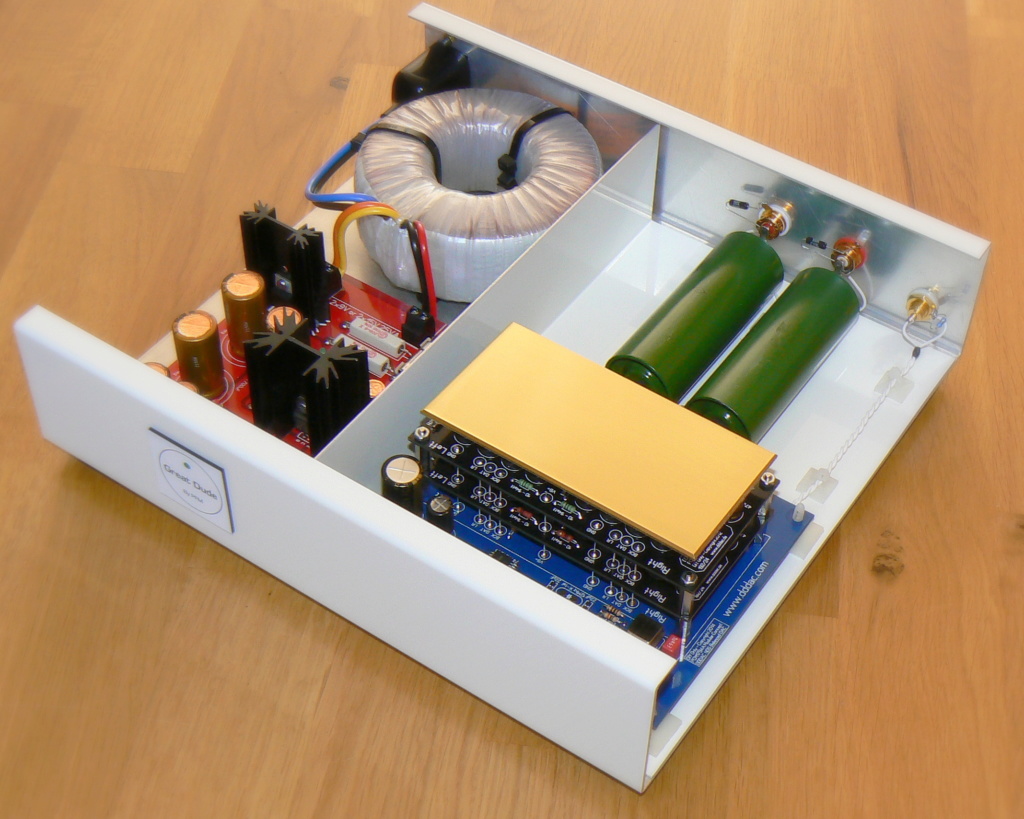

This is coupled to an output transformer, wound with Audio Note (UK) copper wire on a High B Ccore. The DAC4.1x Balanced Signature features an upgraded version of the M6 Line pre-amplifier output stage, using a pair of 5687 double triode valves. The analogue output has provisions for both unbalanced and balanced operation, using the best available quality RCA and XLR connectors. With a 33:1 step-down ratio, this output transformer not only has exceptionally wide frequency response, but also just about the absolutely best dynamic transfer function possible. This is coupled to an output transformer, wound with Audio Note (UK) copper wire on a High B C-core. The DAC4.1x Balanced features an upgraded version of the M6 Line pre-amplifier output stage, using the 5814a and 6463 double triode valves.
#Audionote 2.1 full#
The air gaps in the two filter coils per channel are matched across the full frequency range to within 0.1dB of each other, using a specially designed program to supplement an Audio Precision System 2 test rig. The filter-interface coils / transformers are of the highest possible quality, using 80% nickel Super mu-metal cores. It uses the highest grade Analogue Devices AD1865, 18Bit stereo converter chip solely because we found it to be the best sounding available (yes, even better than the 20Bit versions!).

Having removed all of the digital filtering that is required for over sampling, all filtering is done in the analogue domain where it is easier to retain good, wide band phase-frequency and dynamically coherent behaviour.

In other words, the Audio Note (UK) DAC4.1x has no over sampling, no jitter reduction, no noise shaping and no re-clocking. All we do is to reformat the data stream to allow the converter chip to be able to interpolate the incoming information correctly. Music is a time continuum from start to end which when broken is irreparably damaged, and no amount of clever manipulation can restore it to its original time / frequency / amplitude duration or relationship, regardless of what the theorists may tell you.Īs a result, we have developed a way of excluding or bypassing all these corrective measures, to allow the conversion from digital to analogue to be done without any manipulation whatsoever. What made vintage audio systems popular was the natural musicality in their sound.The Audio Note (UK) DAC4.1x Digital to Analogue converters have been specifically engineered for sonic performance rather than technical specification, and fulfils all Audio Note (UK) Level 4 criteria: -Įxtensive research into the fundamental properties of the data stream itself have shown beyond doubt that, regardless of the theoretical advantages of the signal manipulation employed in our competitors products, such as higher over sampling, noise shaping, re-clocking or jitter reduction, these corrective measures greatly interfere with the critical time domain requirements of the signal. “The details brought about by the CDT Two/II and DAC 2.1x not only made my eyes pop, the emotions in the performers were even more expressive… The naturalism, clarity and simplicity emanating from this combination is consistent with that of vintage audio systems. Basically its sound comes au natrel, unaltered in its full original flavour.” “The DAC 2.1x decoder still uses zero sampling, and does not have jitter-correction, nor re-clocking. Moreover, this transport’s S/PDIF (Sony/Philips Digital Interface) and XLR digital output comes equipped with hand-wound transformers from Audio Note’s own factory.” Rather, the fine-tuning is done through the DAC decoder’s transformer and valves. Once you start listening, you simply cannot stop… CDs after all have the best sound quality traditional internal components, with zero sampling, low bit rate, and digital circuitry that does not exaggerate the sound. “The CDT Two is still one of Audio Note’s best-selling standalone CD transport, for no reason other than its sheer musicality.

The soundstage it creates is calm and expansive, and the undulations are natural and smooth with clearly conveyed details.” “The CD-4.1x does well on classical repertoires, especially on tracks with complex, large-scale arrangements.


 0 kommentar(er)
0 kommentar(er)
